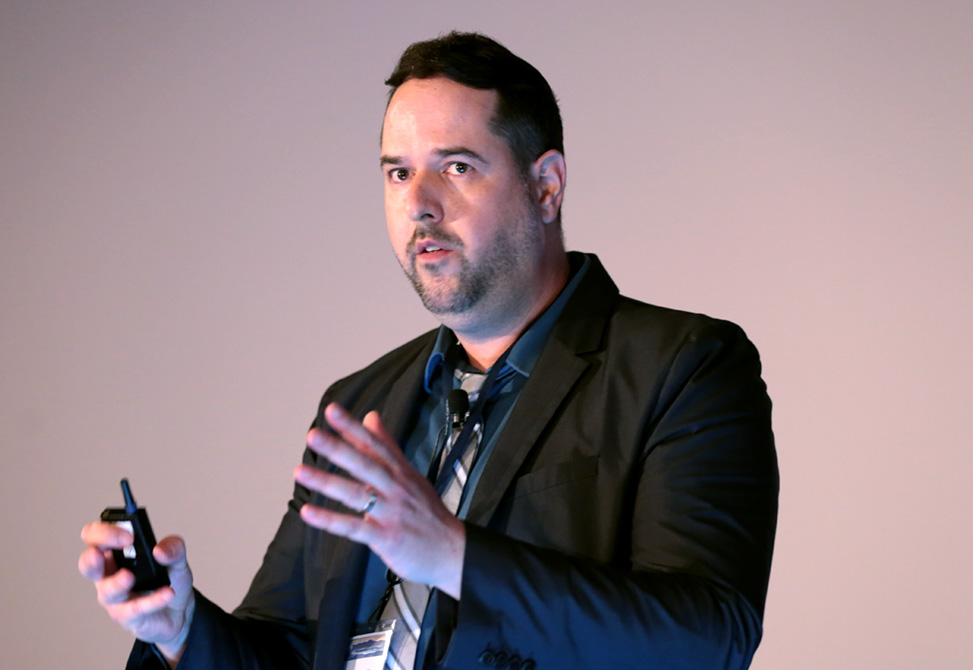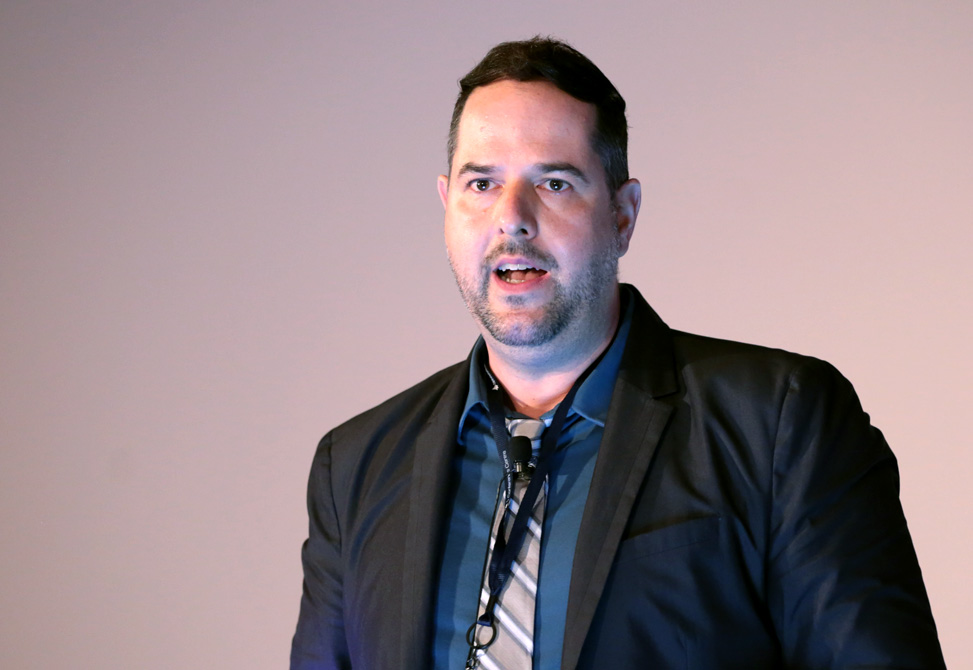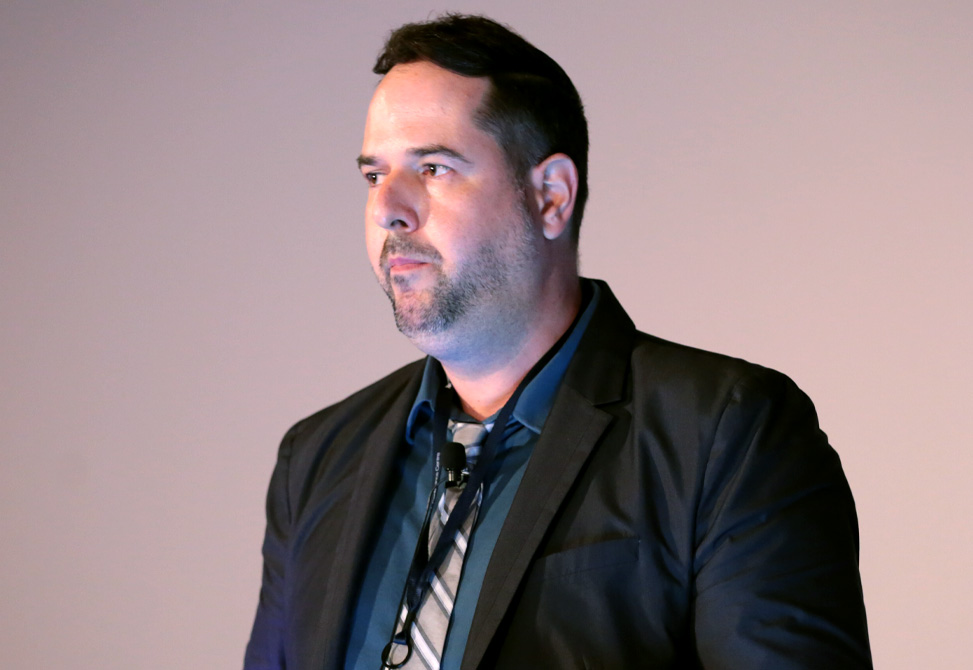David Sabatino
Carleton University
Talk Session: SESSION 13: PEPTIDE INSPIRED MATERIALS
Date: Thursday, June 16, 2022
Talk Time: 09:35 am - 09:55 am
Talk Title: Cancer-Targeting Immunostimulatory Peptides as Synthetic Antibody Mimics for Tumor Immunotherapy Applications
Dr. David Sabatino was born and raised in Montreal, Quebec Canada where he completed his B.Sc., 2002, and Ph.D., 2007, at McGill University in the area of nucleic acid biochemistry under the supervision of Professor Masad J. Damha. As a research fellow, he completed his post-doctoral training with Professor William D. Lubell at l’Université de Montréal in 2010 developing new methods in the chemical synthesis of peptide mimics.
Dr. Sabatino was then appointed as faculty in the Department of Chemistry and Biochemistry at Seton Hall University and also held a joint appointment in the Department of Medical Sciences at the Hackensack-Meridian School of Medicine where he was engaged in multiple biomedical research collaborations. In January 2022, Dr. Sabatino joined the faculty at Carleton University where he is currently Associate Professor in the Department of Chemistry.
David's research interests span the areas of nucleic acid and peptide chemical biology. His research aims to explore the influence of structural modification on the anti-cancer activity of biological molecules for drug discovery applications. He is co-author of more than 40 peer-reviewed scientific publications, conference proceedings, patents and a book chapter, and has also. co-authored more than 60 conference presentations in regional, national and international meetings.
David has also received funding support from the federal government, NIH/NCI, for research related to the development of anti-cancer treatment strategies. His research accomplishments have been recognized and awarded, with being most recently nominated Researcher of the Year in 2019 at Seton Hall University. He is acting topics editor of Molecules-open access journal, as well as a member of the Chemical Biology steering committee at the New York and New Jersey Academy of Sciences and is a contributing member of several other scientific associations.
Tumor immunotherapy involves the activation of lymphocytes by circulating tumor associated antigens, which stimulates inflammatory responses and leads towards the destruction of invasive tumors.
We have designed and developed a small set of bifunctional peptides incorporating NKp30-receptor binding and NK cell activating domains as immunostimulatory peptides and the incorporation of GRP78 targeting and tumor cell binding sequences to generate the so-called cancer-targeting immunostimulatory peptides, CTIPs.
A selected CTIP displayed binding to GRP78 presenting HepG2 and A549 tumor cells, which diminished in the presence of an anti-GRP78 peptide blocker, suggesting GRP78-binding specificities. Similarly, the selected CTIP bound to NK cells in an NKp30-dependent manner, which translated into NK cell activation by cytokine secretion.
In co-culture, fluorescence microscopy revealed that the GFP-expressing A549 cells were visibly associated with CTIP-activated NK cells.
Accordingly, A549 cell death was observed by the loss of GFP signaling and early/late-stage apoptosis. Furthermore, administration of peptide-activated NK cells into A549-tumor-bearing mice resulted in a consistent decrease in tumor growth rate when compared to the untreated control group. Taken together, this presentation will highlight the discovery of CTIPs that serve to mimic antibody targeting and activating functions for tumor immunotherapy applications.







